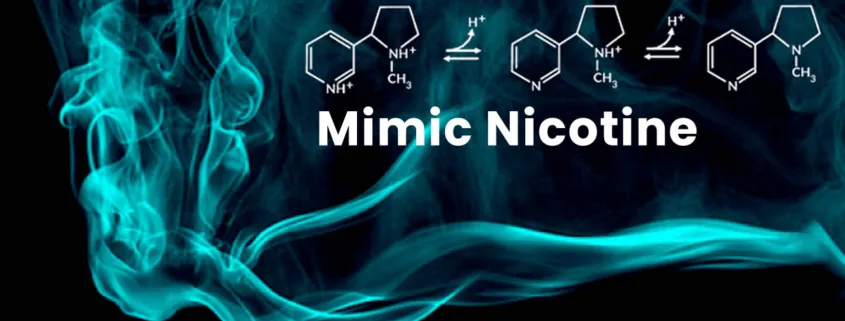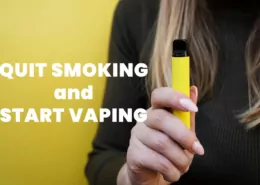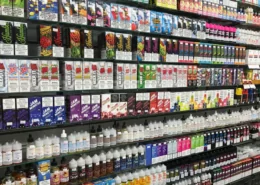Unregulated Vape Additives Mimic Nicotine with Potent Effects
A modified version of nicotine, the addictive ingredient in cigarettes, has emerged in the U.S. vaping market as of May 2023, prompting alarm among tobacco researchers. Companies like Charlie’s Holdings, Inc. have launched new lines of vaping products containing synthetic nicotine analogs, such as 6-methylnicotine, which they claim fall outside the jurisdiction of the U.S. Food and Drug Administration (FDA). Health researchers view this as the latest in a long history of moves by tobacco companies to avoid regulation, amounting to a large-scale human safety experiment with limited data on the safety of these analogs in humans.
Exploiting Narrow Definitions to Avoid Regulation
U.S. law defines tobacco products as those “made or derived from tobacco, or containing nicotine from any source,” with nicotine specifically defined as “the chemical substance named 3-(1-Methyl-2-pyrrolidinyl) pyridine or [C10H14N2], including any salt or complex of nicotine.” By adding a single chemical structure called a methyl group, companies like Charlie’s Holdings, Inc. can market their nicotine analogs as indistinguishable from traditional vaping products’ nicotine while avoiding FDA regulatory scrutiny.
Lauren Kass Lempert, a public health researcher at the Center for Tobacco Control Research and Education at the University of California, San Francisco, sees this as “just the latest chapter in the industry’s very long and nefarious history of evading or trying to evade laws that were enacted and intended to protect the health and well-being of not only adults but children in the United States.”
Potential Health Risks and Limited Research
Sairam Jabba, a tobacco regulatory scientist at Duke University, has found evidence suggesting that 6-methylnicotine, despite not legally being nicotine, may share the worrying health profile that prompted tobacco regulations in the first place. Rodent studies from the 1970s and 1990s showed that smaller doses of 6-methylnicotine elicited greater responses than nicotine for several outcomes, including lethality, blood pressure increases, and behavioral responses triggered by nicotine receptor activation.
Hanno Erythropel, a chemist at Yale University, expresses concern about the unknowns surrounding nicotine analogs. His analysis of Spree Bar products revealed discrepancies between actual and labeled amounts of 6-methylnicotine, with the actual amount being much lower than stated. This could indicate intentional or accidental mislabeling, as less of the potent ingredient is needed to produce the same effects as nicotine. The safety of these analogs when burned, mixed in vaping fluids, or metabolized by the body remains unclear.
Calls for Precautionary Action and Regulatory Intervention
Lempert believes that authorities should follow the precautionary principle and act before these products gain a greater foothold in the market. While some countries and California state law use a broader definition of nicotine that includes some of these analogs, amending U.S. national law is a lengthy process. Lempert suggests that other regulatory bodies, such as the Consumer Product Safety Commission, could help fill the gap by issuing and enforcing mandatory standards for consumer products or banning hazardous consumer products if standards would not adequately protect the public.
The FDA has acknowledged the presence of nicotine analogs in the market and the need for more research. In an e-mailed statement, an FDA spokesperson said that the agency is aware of data showing that these analogs may be more potent than nicotine and is looking at the issue from “an agency-wide perspective” while funding several research efforts on the topic.
As the vaping industry continues to evolve and find ways to circumvent regulations, it is crucial for regulatory bodies and researchers to stay vigilant and proactive in addressing potential health risks associated with these new products. Until more comprehensive studies are conducted on the safety and long-term effects of nicotine analogs, their use in vaping products remains a cause for concern and a call for action.
News source: Vape Additives that Mimic Nicotine Are Potent—and Largely Unregulated
- Bestselling Vapes in UK After Disposable Ban: What to Stock 2025 - August 8, 2025
- Argentina Debates Stricter Vape Laws Amid Prohibition Failures - August 8, 2025
- Nigeria Advocacy Group Urged to Hike Tobacco & Vape Tax by 100% - August 8, 2025








